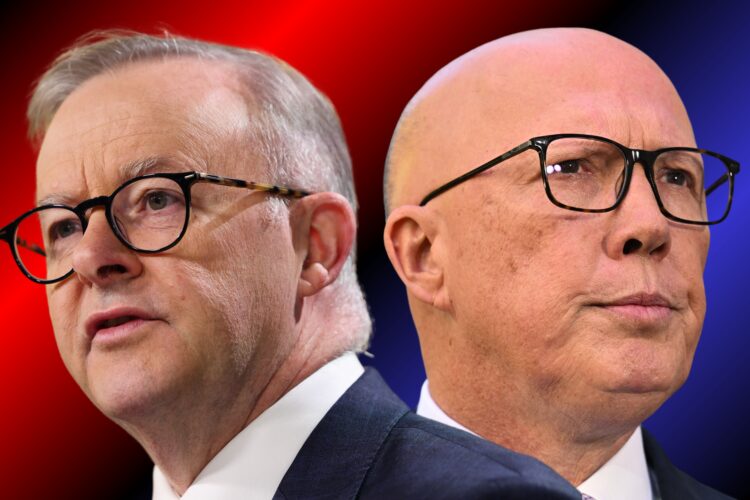Frank Yuan
Postdoctoral Fellow
Peter Dutton has again touted nuclear power, a centrepiece for the Coalition’s agenda:
“We [will] bring in the best technology in the world, which is being embraced by the Labour Party in the United Kingdom, China is building 29 nuclear power stations as we speak.”
Regardless of how quickly Australia could establish a regulatory framework for nuclear energy, the two examples are misleadingly optimistic.
Currently nearly half of all the nuclear power reactors under construction are in China, and their companies have extensive expertise in constructing and safely operating in this field. On the other hand, the UK has not commissioned a new nuclear power station since the 1990s, and the ones currently being built have significant financial and technical involvement from the Chinese state-owned corporation. It’s an understandable and rational choice for the British to bring in resources from the largest civilian nuclear construction industry in the world.
Incidentally, the US has no nuclear power plant either under construction or even in the planning stage – so the alliance won’t helps us there…
But there is a whole industry behind China’s ability to build nuclear power plants so quickly, especially over the past decade, as illuminated by this interesting case study. It enjoys a vast, skilled, and often specialised labour pool; its companies have access to highly advanced and sometimes enormous machinery; its comprehensive manufacturing supply chain is geographically concentrated and highly responsive.
Can we really replicate all these in Australia, in the next few years? Or perhaps get some Chinese state-owned enterprises to help us out?
Surely we can just buy more solar panels, wind turbines, and batteries which Chinese companies are competing against each other to sell to the rest of the world.
